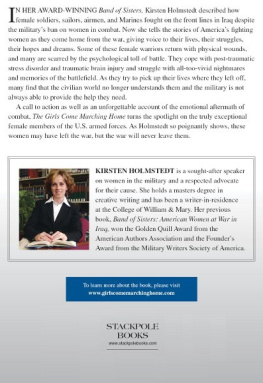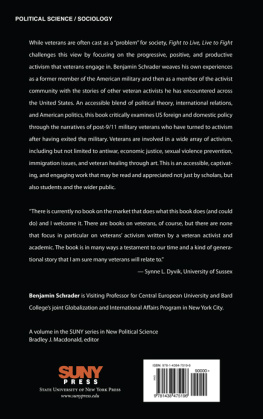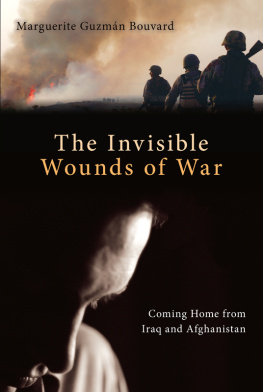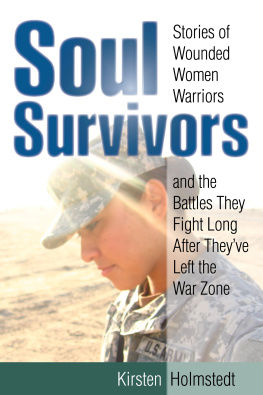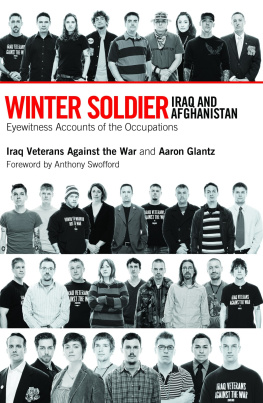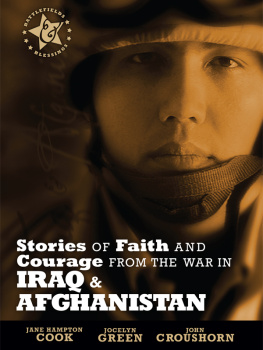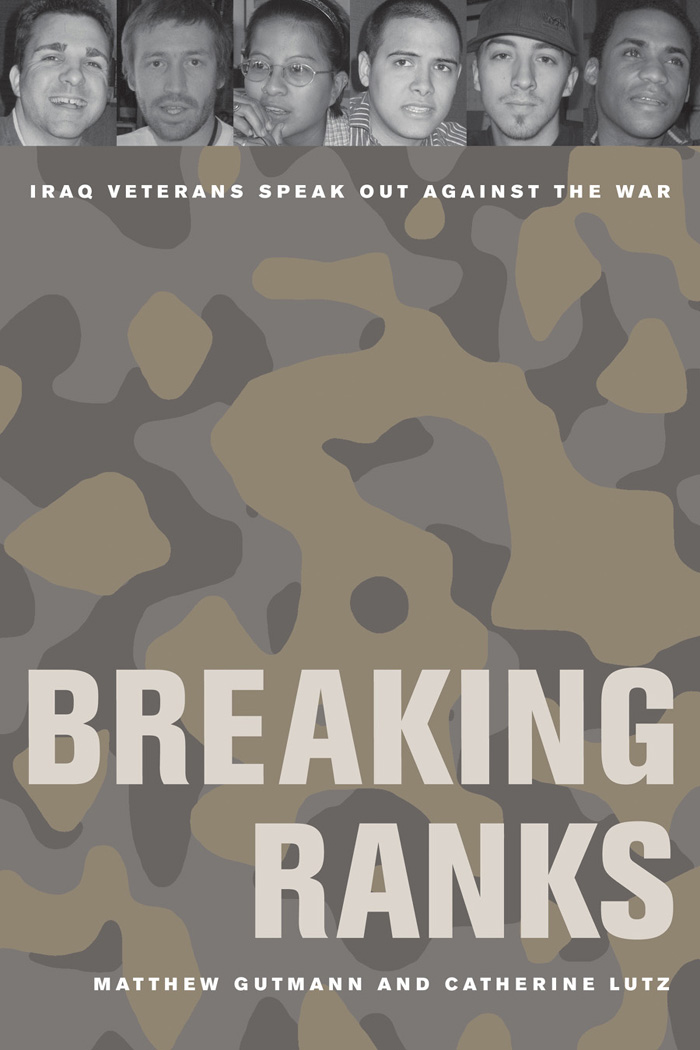Breaking Ranks
Breaking Ranks
IRAQ VETERANS SPEAK OUT
AGAINST THE WAR
Matthew Gutmann and
Catherine Lutz

UNIVERSITY OF CALIFORNIA PRESS
Berkeley Los Angeles London
University of California Press, one of the most distinguished university presses in the United States, enriches lives around the world by advancing scholarship in the humanities, social sciences, and natural sciences. Its activities are supported by the UC Press Foundation and by philanthropic contributions from individuals and institutions. For more information, visit www.ucpress.edu.
University of California Press
Berkeley and Los Angeles, California
University of California Press, Ltd.
London, England
2010 by The Regents of the University of California
Library of Congress Cataloging-in-Publication Data
Gutmann, Matthew C., 1953.
Breaking ranks : Iraq veterans speak out against the war / Matthew Gutmann and Catherine Lutz.
p. cm.
Includes bibliographical references and index.
ISBN 978-0-520-26637-7 (cloth : alk. paper)
ISBN 978-0-520-26638-4 (pbk. : alk. paper)
1. Iraq War, 2003Protest movementsUnited States. 2. Veterans United StatesPolitical activity. I. Lutz, Catherine. II. Title.
DS79.764.U6G88 2010
Manufactured in the United States of America
19 18 17 16 15 14 13 12 11 10
10 9 8 7 6 5 4 3 2 1
This book is printed on Cascades Enviro 100, a 100% post consumer waste, recycled, de-inked fiber. FSC recycled certified and processed chlorine free. It is acid free, Ecologo certified, and manufactured by BioGas energy.
Contents
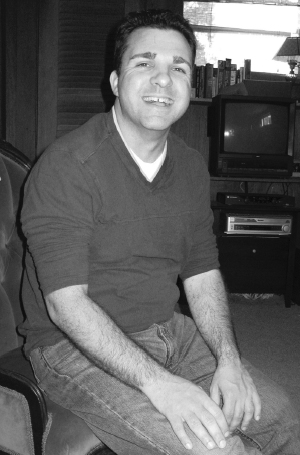
Charlie Anderson. Photo by Matthew Gutmann.
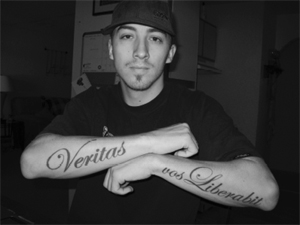
Ricky Clousing. Photo by Matthew Gutmann.
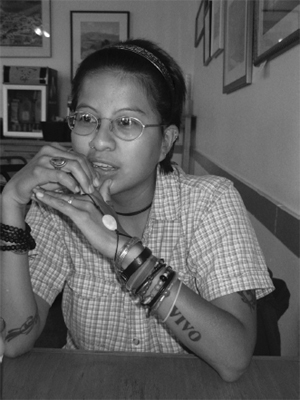
Tina Garnanez. Photo by Matthew Gutmann.
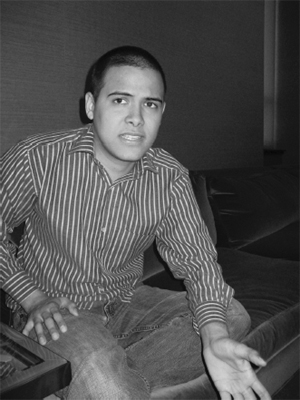
Chris Magaoay. Photo by Matthew Gutmann.
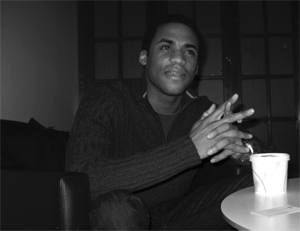
Demond Mullins. Photo by Matthew Gutmann.

Garett Reppenhagen. Photo by Matthew Gutmann.
Introduction
A Different Kind of War Story
Looking back several years later on his first day at war in Iraq, Navy medic Charlie Anderson sighed and said, I didnt even know what I didnt know.
The learning curve would soon rise steeply in front of him.
Originally from Rossford, Ohio, Charlie had crossed over from Kuwait in March 2003 with the Marines 1st Expeditionary Force. Like many around him in uniform, he was deeply afraid and intensely intrigued, angry and resigned, excited and ambivalent about the mission he was on. Trained as a Navy corpsman attached to the Marines, he especially relished the idea of helping his buddies if they got hit.
On one of his earliest convoy operations, his unit began taking casualties on the outskirts of Sadr City. Tanks in his battalion moved into forward positions near a small village and began firing at men who, it later turned out, were simply looking for a lost sheep. The fog of war had already descended.
The physical challenges soon followed. Charlie and his unit set up camp next to a garbage dump outside the city. Scorched by the heat, they also had to deal with the reek of raw sewage running down the middle of the road. You couldnt eat, Charlie said, because you opened up your MRE [Meal, Ready-to-Eat] and it got covered in flies. Flies apparently do not like coffee, though, and so he and his friends guzzled one cup after another.
Suddenly someone at the back of the column began letting go with bursts of machine gun fire. A disembodied radio voice commanded them to look for a young Arab male wearing black pants, white shirt, and sandals and carrying an AK-47. In other words, almost anybody. One of Charlies sergeants, who had been telling the younger men a story, opened fire with his weapon, apparently aiming at nothing and no one in particular. Then he went right back to telling his story where he had left it midsentence just seconds before, pausing now and then to sip his coffee.
A lot of people would think that was cool, said Charlie. I thought it was scary.
Watching how his leadership approached combat did more than just confuse Charlie. He suddenly felt anxious, anxiety that would become anguish, about what he was doing in Iraq. This event became one in a series of political and moral epiphanies that would change him forever.
His story is one of dozens that we, along with the oral historian Betsy Brinson, gathered between 2005 and 2008 from veterans of the U.S. military who served during the first years of the wars in Iraq and Afghanistan. Like every one of the other veterans, Charlie is an ordinary person who underwent extraordinary transformations. His ordinariness can be seen in the common values and ideas he and so many young people around him carried into Iraq. The astonishing difference was his unorthodox response to what he saw, his unwillingness to simply say, War is hell! and leave it at that.
Later that same March day, Charlies unit received orders to load up and drive into Sadr City. They had high hopes for what was to come. Given the standard American diet of World War II movies, Charlie and
But the civilian reception was not what they expected. The thousands of people out in the streets of Sadr City didnt seem excited to see themexcept for the children. There are kids running up and down the sides of streets begging for food. Wed been ordered not to feed them, by the way. I said, To hell with that! I was throwing out pieces of MREs. We just started doing it. We werent supposed to, but I decided that the generals werent in my truck and if the generals wanted the order enforced they could come out and enforce it themselves.
And it was not at all a liberation parade or a food giveaway, because they were still supposed to be looking for the young Arab male carrying an assault rifle. And there were people everywhere. Youre looking at the kids, at the doorways, at the windows, and the rooftops. Who were each of these people, and what did the expressions on their faces mean? Youre trying to scan the alleys, looking for a guy in this crowd of five thousand that wants to kill you.
Charlie was riding on the passenger side of a Humvee with his weapon in his left hand, safety off, finger on the trigger, pointed at the vehicles door. With his right hand he continued throwing food out and waving at the kids. After they rounded a corner, the crowd seemed to thin.
In a chaotic instant, all hell broke loose as Marines began shooting in all directions. Were trying to figure out what one guy is firing at, and he yells, Dont ask me what Im shooting. Im shooting at fucking people!


